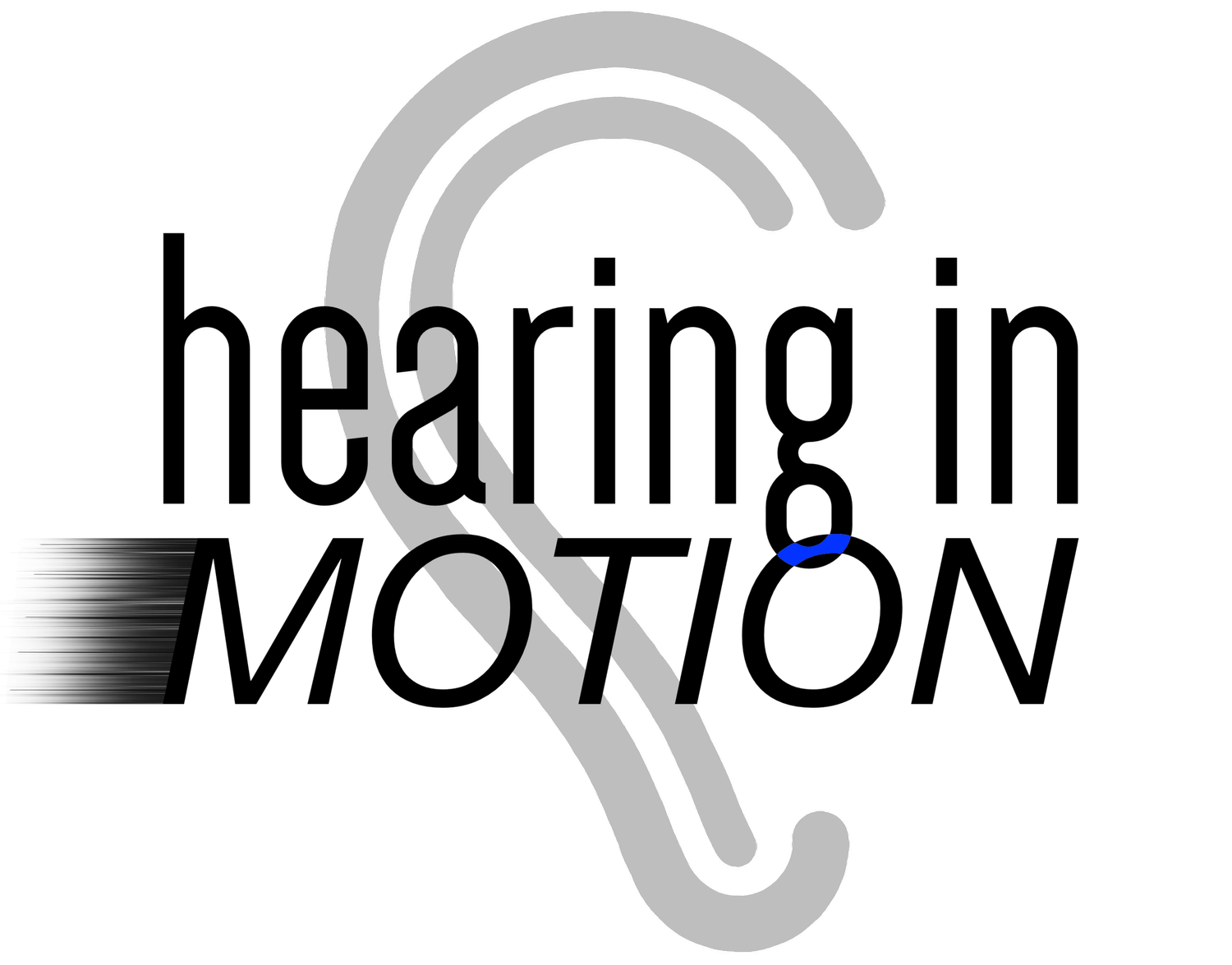We recently ran an advertisement in the San Antonio Express News, and inside we included a brief article discussing some current studies in the area. Check it out below:
“Over the last few years, you’ve likely seen news and health articles that link hearing loss with dementia and Alzheimer’s disease. What does this really mean? How can hearing loss be linked to the brain and cognitive ability? The research is ongoing, and while many studies show links that support this claim, nothing has been written that is conclusive. Here is what we do know:
According to a study from researchers at Johns Hopkins and the National Institute on Aging (published Jan 22, 2014), hearing loss is linked to accelerated brain tissue loss. The researchers found that adults (and animals) with impaired hearing have accelerated brain atrophy compared to those with normal hearing. The report claims that the amount is about one additional cubic centimeter of brain tissue each year.
A news release from John Hopkins Medicine states that shrinkage in these areas might simply be a consequence of an “impoverished” auditory cortex, which could become atrophied from lack of stimulation. However these structures don’t work in isolation, and their responsibility include memory and sensory integration which have been shown to be involved in the early stages of mild cognitive impairment and Alzhiemer’s Disease. Essentially, the study claims that without normal auditory brain stimulation, a measure of atrophy occurs that affects more than just sorting sounds and languages.
We also know that the symptoms of hearing loss are strikingly similar to those of dementia and include misunderstanding, depression, and social isolation. Based on the current evidence, the importance of having your hearing checked regularly cannot be overemphasized. Hearing In Motion offers comprehensive hearing evaluations for the reasonable cost of $49.”
Bottom line: where there is smoke, there is usually fire. There are so many studies linking the relationship between dementia and hearing loss that many people take their hearing more seriously. And why not? Hearing is an important part of life on its own.

